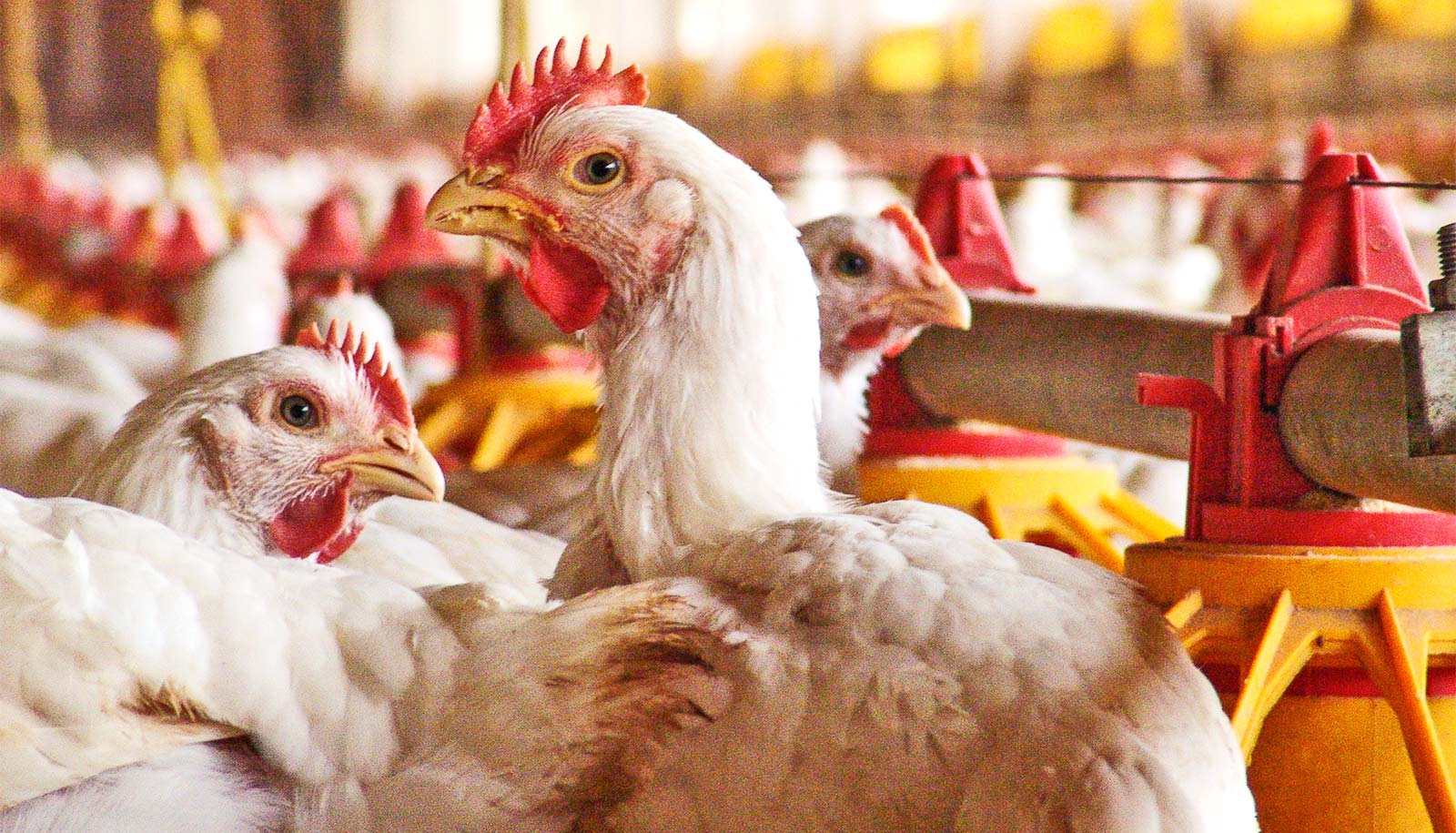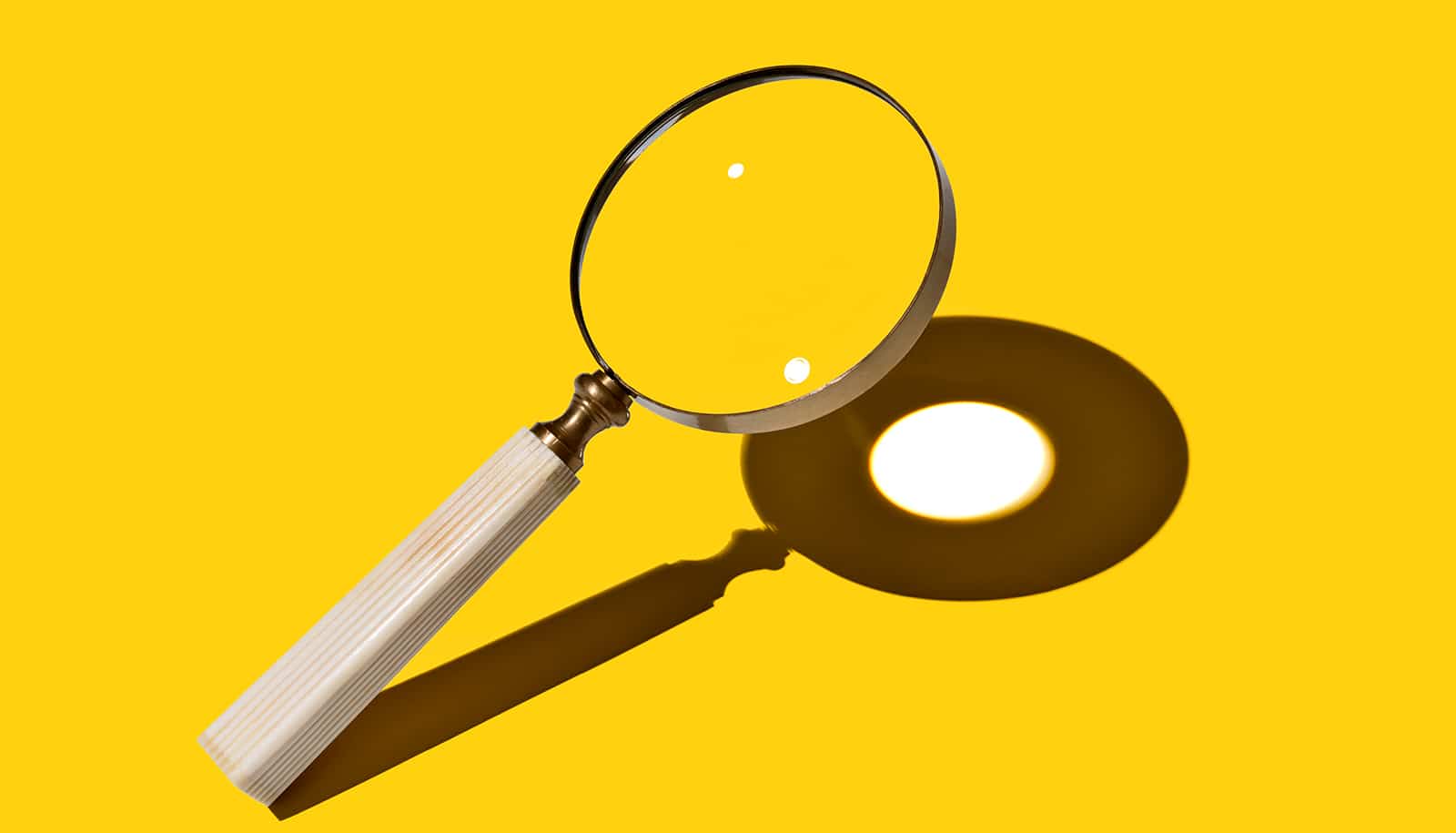Imagine a health monitor for the city, but rather than measuring heart rate or daily steps, this device measures everything from air quality to vehicle traffic.
The idea may sound like science fiction, but it’s becoming a reality for cities like Chicago through the Array of Things project, a collaborative effort among scientists, universities, local government, and community members to collect real-time data on the city.
Charlie Catlett, director of the Urban Center for Computation and Data at the University of Chicago and Argonne, leads the project based out of Argonne National Laboratory. Catlett is aiming to install 500 sensor nodes around Chicago and eventually setup a network around the world “to improve living and working in the city.”
“We talked to people in the city of Chicago to understand what their challenges are,” Catlett says. “And we found from talking with them and from our own work there’s a lot of data that’s missing, that should be able to be measured, and that requires data analytics, it requires data integration infrastructure, and it requires a measurement strategy.”
On this episode of the podcast Knowledge Applied, Carlett talks about sensor design, explains their sophisticated measuring capabilities, and discusses the future of “smart cities.”
You can subscribe to the podcast on iTunes and Stitcher.
Source: University of Chicago



